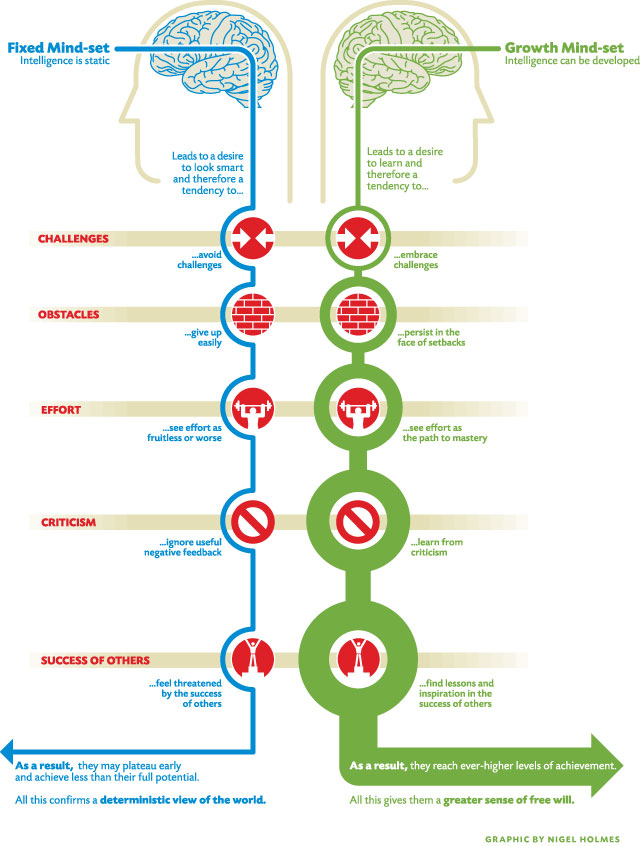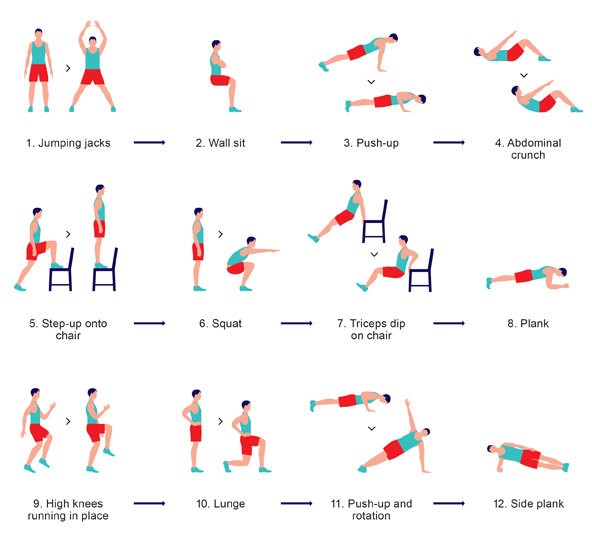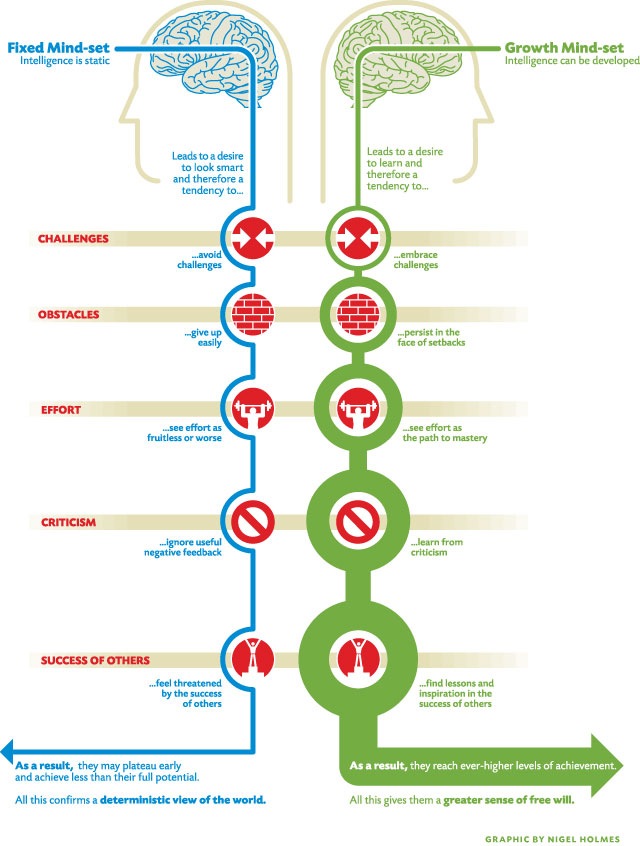
7 Science-Backed Ways You Can Reduce Stress Today
Finding things that interests you while challenging you mentally is the way to go if you want to reduce stress levels.
By ![]() Sean Kim
Sean Kim
We all experience stress in our lives.
Some of us experience stress once in awhile, while others face it on a daily basis.
Whether you’re one of the few people who perform better under stress or not, the side effects of stress are clear. Stress has shown to increase the risk of diseases or illnesses, lead to premature aging, and can weaken your immune system.
Here’s a helpful diagram of how chronic stress works and how it can act as a negative feedback loop in our brain.
And if you’re worried about the level of stress you experience, you’re not alone. Over 54 percent of Americans feel an urgent need to reduce stress levels on a daily basis.
The good news is that there are science-backed ways that have proven to reduce stress, starting today.
7 Science-Backed Ways You Can Reduce Stress Today
1. Practice Your Power Poses
One of the most popular TED Talks to date is called “Your Body Language Shapes Who You Are“, by social psychologist Amy Cuddy.
Cuddy’s research reveals that adopting the body language associated with dominance for just 120 seconds is enough to create a 20 percent increase in testosterone and a 25 percent decrease in the stress hormone cortisol. In other words, adopting your posture can make a significant difference in your mood, emotion, and more importantly, reduce stress levels.
Cuddy makes a distinguishable contrast by presenting the difference between a “High Power” pose and a “Low Power” pose. Notice how relaxed and comfortable the person at the top looks (and feels) versus the bottom.

The reason why we bring up Cuddy’s research is that most of us are stuck in a “Low Power” pose throughout the day (i.e. typing on our computer, in meetings), which inevitably enhances our stress levels and reduces our energy levels.
Try to take regular breaks during your work, and put yourself in one of the power poses above for 2-3 minutes. You’ll be surprised at the level of impact it has on your mood and stress levels. As we shared in this post on productivity, you can try using the Pomodoro timer to work in 25-minute, intensive segments to force yourself to take breaks.
What would be even better is to experiment working while standing up. A 2012 study found that if the average American reduced his or her sitting time to three hours per day, life expectancy would climb by two years.
2. Laugh More
A laughter a day keeps the doctor away.
According to the Mayo Clinic:
Laughter enhances your intake of oxygen-rich air, stimulates your heart, lungs and muscles, and increases the endorphins that are released by your brain.
This is probably why comedic videos are by far the most popular videos online, because laughter releases dopamine in our brains, encouraging us to seek more of the sensation we felt.
What’s even more interesting is that we don’t necessarily have to watch or witness anything funny to gain the benefits of reducing stress, as the anticipation alone can boost endorphins in our brains.
3. Practice Gratitude
Gratitude can sometimes be placed in the same category as spiritualization or positive psychology, which is not often associated with science-backed research. This is probably because throughout history, philosophers and religious leaders have extolled gratitude as a virtue integral to health and well-being, without any scientific research backings.
But this has changed, according to Robert Emmons, a psychologist professor at the University of California Davis, who says that:
Research on gratitude is beginning to suggest that feelings of thankfulness have tremendous positive value in helping people cope with daily problems, especially stress.
The main reason for this is that it’s very difficult to experience the feelings of fear and gratitude at the same time, since we’re naturally more optimistic when we’re grateful for what we have.
In another research performed at the University of Utah, researchers compared the immune systems of healthy, first-year law students under stress. By midterm season, students characterized as optimistic (based on survey responses) maintained higher numbers of blood cells that protect the immune system, compared with their more pessimistic classmates.
A helpful tool I’ve been using personally is the five-minute journal, which helps you practice daily gratitude answering specific questions about your day and the day ahead of you.
4. Get Moving (Even For 7 Minutes)
If you’ve been sitting down all day (like I have), then this is a tip to seriously consider.
Exercise has proven to improve our mental health, decrease risk of diseases, and improve our quality of sleep, which is a key factor to reduce stress.
The problem for most of us, which applies to language learning just as much as exercise, is finding the time to do it. Luckily, you can start by spending just seven minutes in your day.
The science-based 7-minute workout is hard, but short enough to fit it into your schedule. These simple exercises do not require any weights, which makes it possible for you to do at home, at your office, or outside.

5. Develop A Growth Mindset
One of my favorite books on personal development and growth is Mindset, by Carol Dweck, who’s a social psychology professor at Stanford University, with over twenty years of dedicated research in the field of psychology.
For twenty years, my research has shown that the view you adopt of yourself profoundly affects the way you lead your life.
– Carol Dweck
In the book, Dweck talks about the two different types of mindsets that an individual has, which is the fixed or growth mindset. And depending on which mindset you choose to practice can have a significant impact on your optimism, levels of stress, and how you make important decisions in your life.
Dweck describes the difference between the two mindsets:
A fixed mindset comes from the belief that your qualities are carved in stone – who you are is who you are, period. Characteristics such as intelligence, personality, and creativity are fixed traits, rather than something that can be developed.
A growth mindset comes from the belief that your basic qualities are things you can cultivate through effort. Yes, people differ greatly – in aptitude, talents, interests, or temperaments – but everyone can change and grow through application and experience.

The point here is that you can decide to believe that no matter what situation you face, you can choose to believe that this is the beginning of better days ahead of you, or the start of the worst days ahead of you.
6. Use Stress As Fuel
The scientific research on the growth mindset shows the level of impact our mindset has on reducing stress levels. To take this on another level, you can shift your entire perspective about what stress means to you.
If you think about it, experiencing stress often means you’re pushing yourself to grow out of our comfort zone, because you have a deeper meaning that goes beyond your current emotions. While no one wants to have more stress in their lives, how we perceive the stress that enters our lives is crucial, according to health psychologist Kelly McGonigal.
In a 2012 paper, “Improving Acute Stress Responses: The Power of Reappraisal,” published by scientists at Harvard’s department of psychology, research shows that treating common stress responses as a positive might even be literally good for the heart.
7. Learn Something New
The last tip we have to reduce stress is to spend your time learning something new that interests you, whether it’s a new skill, a new language, a new industry, etc.
Have you ever watched a documentary, read an article, or interacted in a fascinating conversation that got your brains fired up, even though you felt stressed or tired just moments before?
Recent research shows that finding 20-30 minutes a day to do something you’re interested in can be one of the best ways to reduce stress and increase your levels of happiness. These findings share that “interest” doesn’t just keep you going despite fatigue, it actually replenishes your energy. And then that replenished energy flows into whatever you do next.
It also recommends that you keep these two points in mind:
First, interesting is not the same thing as pleasant, fun, or relaxing (though they’re not mutually exclusive). Taking a lunch break might be relaxing, and if the food is good it will probably be pleasant. But unless you are eating at the hot new molecular gastronomy restaurant, it probably won’t be interesting. So it won’t replenish your energy.
Second, interesting does not have to mean effortless. The same studies that showed that interest replenished energy showed that it did so even when the interesting task was difficult and required effort. So you actually don’t have to “take it easy” to refill your tank.
Finding things that interests you while challenging you mentally is the way to go if you want to reduce stress levels.
This is where taking advantage of powerful, time-saving solutions like Rype, to learn something that interests you (i.e. a new language like Spanish) can do wonders. With 24/7 scheduling and unlimited lessons, learning something new doesn’t have to interfere with your busy schedule. ![]()











